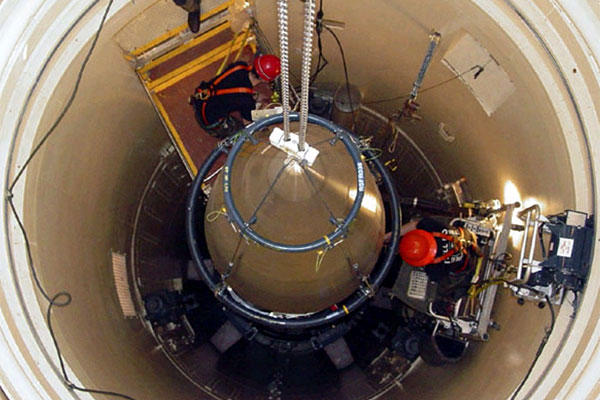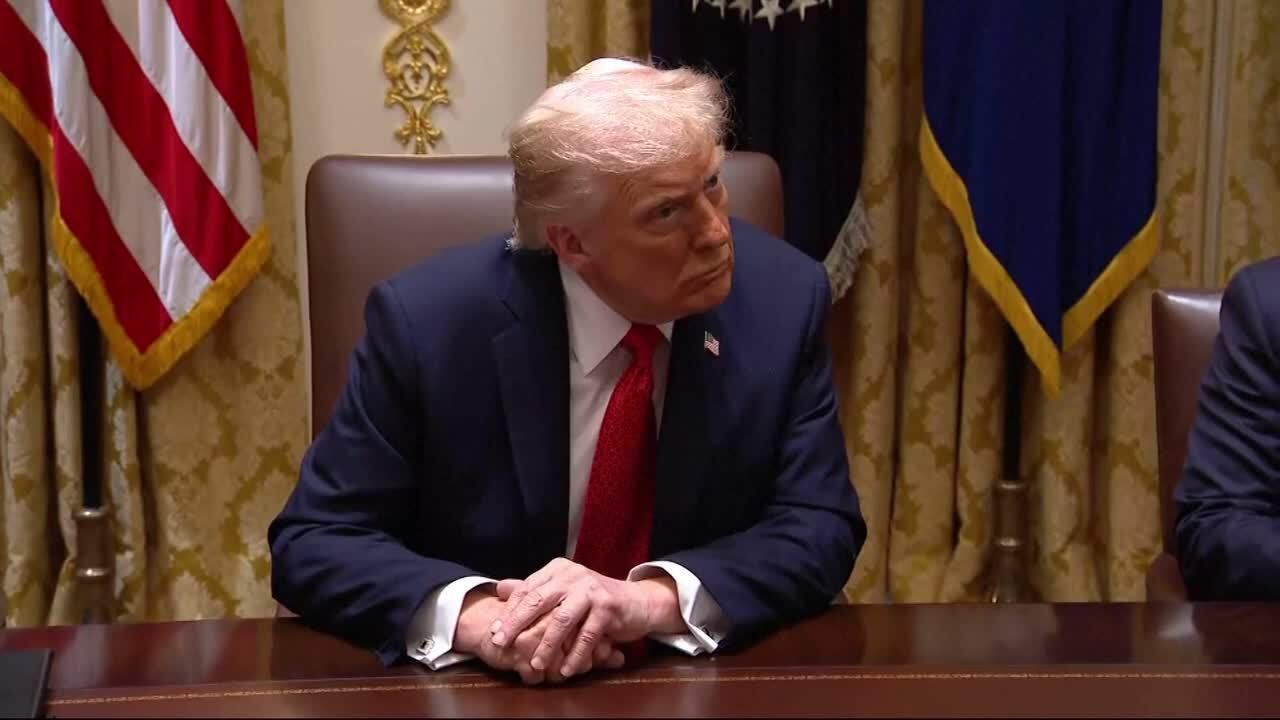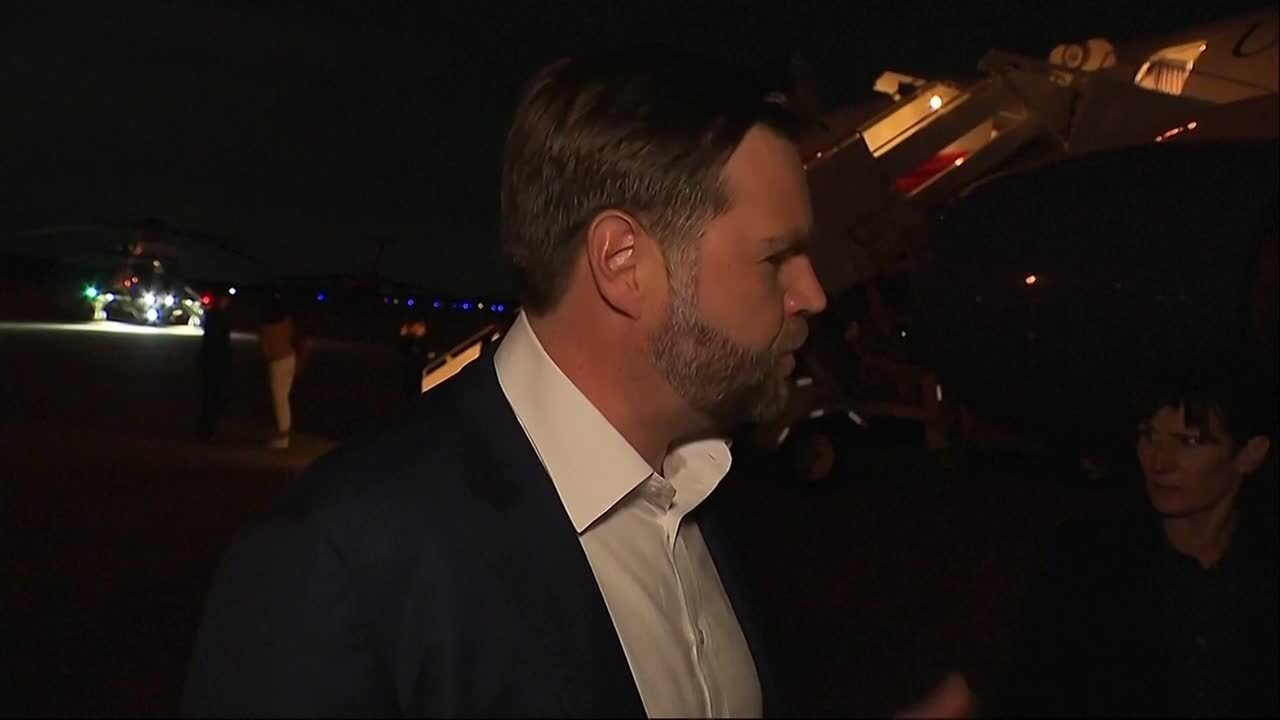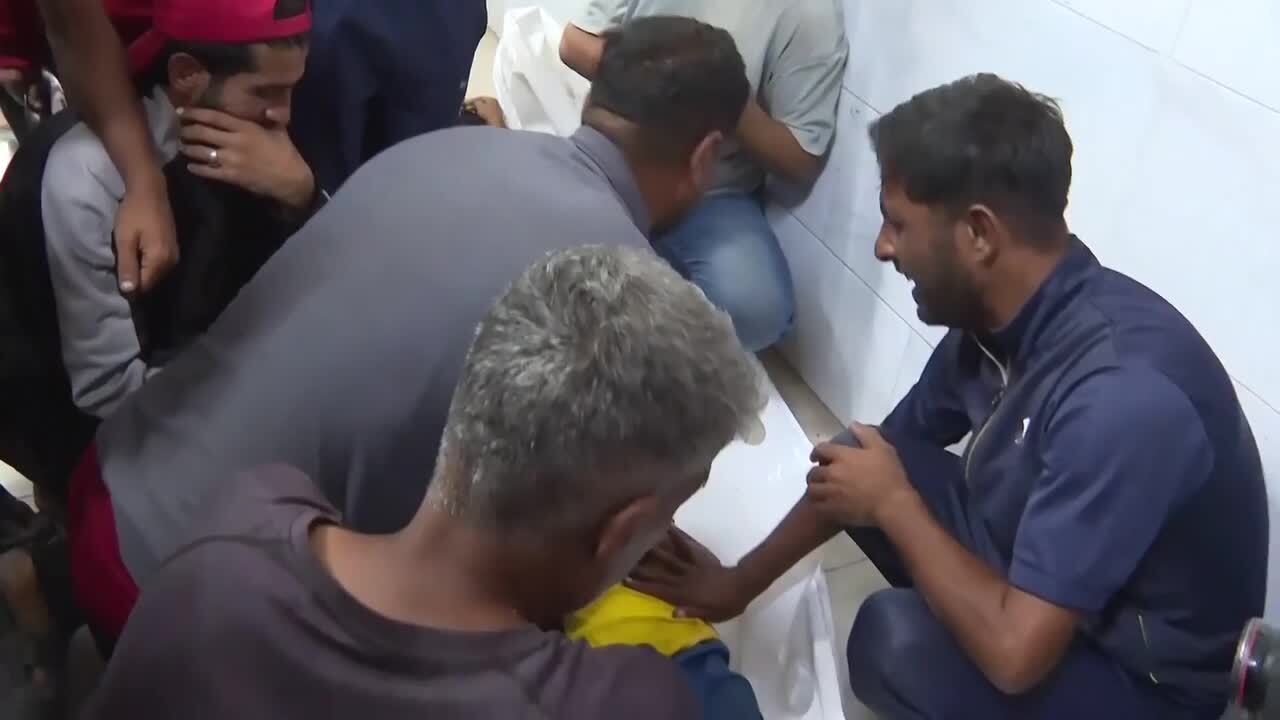The U.S. Air Force plans to introduce new bonuses and other financial incentives for airmen in the nuclear workforce, the service's top civilian said.
Air Force Secretary Deborah Lee James said the program is scheduled to take effect in October or November. Incentives will take the form of accession bonuses for new officers, scholarships for Reserve Officers Training Corps (ROTC) cadets, and field-incentive pay for personnel deploying to missile fields for certain periods of time, she said.
"There's going to be a variety of financial incentives to kick it up a notch for this force," James said during a breakfast with defense reporters on Wednesday in Washington, D.C. Officials are still trying to figure out how much the bonuses will be worth, she said, and more information will be released later in the year.
The incentive program is one of multiple efforts underway aimed at improving the quality and performance of nuclear personnel. The workforce has been rocked by scandals in recent years, from widespread cheating on tests this year, to site inspection failures last year, to a notorious incident in 2007 in which a B-52 mistakenly loaded with nuclear warheads flew across the country.
Air Force Global Strike Command, based in Barksdale, Louisiana, oversees the service's nuclear mission, with about 23,000 personnel responsible for operating and maintaining the nation's fleets of Minuteman III intercontinental ballistic missiles and B-52 and B-2 bombers.
To help fix what she described as "systemic" issues within the force, James said the service has steered an additional $50 million in the current budget and $350 million over five years toward various sustainment, infrastructure and personnel initiatives.
"Money's not everything, but money's important," she said.
The funding will help address staffing shortages by adding 1,100 personnel to the command, mostly field positions, and ensure 100-percent manning in critical nuclear jobs, James said.
In the wake of the test-cheating scandal earlier this year at Malmstrom Air Force Base in Montana, 92 officers were suspended and their absence strained other crews. Launch officers who remained on duty had to pull a couple more 24-hour shifts per month, for a total of 10.
"When you're undermanned, that means the existing people have to work harder," James said. "That impacts morale."
The secretary also said she wants to upgrade the command to be overseen by a four-star general rather than a three-star general, noting that it's the only major command within the service with the distinction. The current commander is Lt. Gen. Stephen Wilson.
"We want to up the rank of the nuclear forces within the Air Force," she said. "Rank matters in the military."
James acknowledged that relatively few airmen dream of becoming missileers, who often sit for hours at a time in underground bunkers.
When asked for the percentage of airmen who actually volunteer for the job, she didn't know but said, "not many." She added: "Most people who are in the field ... it was probably not their first, second or third choice. It was more the needs of the service and ... they were assigned."
As such, financial inducements alone probably won't be enough to change such long-standing cultural issues as low morale, high stress and micromanagement, but they're a start, James said. The problems have likely been around for decades, she said.
"One of the things that drives airmen is making them feel like they're making a difference," she said. "I feel that they're doing that. I don't know that they feel they're doing that. Over time, we've got to turn that around."
-- Brendan McGarry can be reached at brendan.mcgarry@monster.com





























